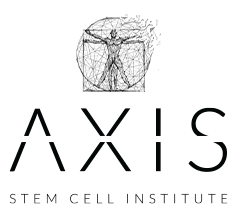
Myth Busters
Stem cells are a new and exciting area of scientific study and medical application. However, most people have heard of stem cells and have different perceptions about what they are and what they can do. In order to get the most out of stem cell therapies, it’s important to know the latest and most up-to-date information about this rapid field of study. At Axis Stem Cell Institute, we seek to dispel the following myths so that you have accurate information to make the best decisions for your health. For an answer to all of your questions, feel free to contact us.
Do these stem cells come from fetuses or embryos?
No. Stem cells are classified into two categories, adult and embryonic stem cells. At Axis Stem cell institute, we use only adult stem cells (also called somatic stem cells) that are taken from your own body and very safe. Embryonic stem cell use is illegal in the United States and usually extracted from a fetus or created in a cell culture from eggs that have been donated and fertilized in vitro (or, in a lab) which is very dangerous. Adult stem cells can be collected from different areas of your body like fat or bone marrow and applied safely the same day into the area of need. Among the many benefits of using adult stem cells, they have been shown to have a lesser chance of rejection when they are injected into your body than other donor sources.
Are stem cells unsafe?
There is risk associated with any medical procedure that you undergo, but stem cells are not harmful themselves. Because you undergo an autologous transplant with our own stem cells, your immune system has no reason to attack them. However, the processes of collecting, processing, and administering stem cells can carry mild risks. While these risks are very low, your expert provider can discuss them during a consultation.
Are stem cells illegal?
Stem cells have a long and complicated history of legal, political, and monetary controversy in the United States, mostly around the study of embryonic stem cells. However, it’s important to distinguish between embryonic stem cell research and adult stem cells that are used in medical therapies. Currently, adult stem cell therapies are legal in the state of Washington.
Can stem cells heal everything?
Currently stem cells can be beneficial to regenerating certain tissues and aiding your body’s restorative processes in certain conditions. Every person is different, so it is best to schedule a consultation to address your specific issues and ailments and receive an individualized plan. During a consultation, we can provide up-to-date information about how stem cells can benefit you and your health.
Is bone marrow the best source of stem cells?
Both Bone Marrow-Derived Stem Cells and Adipose-derived stem cells provide a great source of Mesenchymal stem cells to aid in regeneration. We also use Exosome therapy which can greatly increase efficacy of stem cells and significantly decrease inflammation and pain. Each patient is evaluated individually and offered a personalized therapy plan. Your Provider can discuss more on the many benefits of using different types of stem cells during your consultation.
Are there risks involved with stem cell extraction?
While stem cell therapy is a very safe alternative to many other invasive surgeries and therapies, there are some risks involved that can be mitigated by selecting highly trained certified experts. At Axis Stem Cell Institute, we take every step to ensure a successful and risk-averse procedure with the best in controlled sterility and patient comfort. At Axis our providers are highly educated and experienced in the specialty of regenerative medicine. During a consultation, we can discuss what you can expect during your stem cell therapy.
Is there a chance my body will reject the stem cells?
Some studies have found that mesenchymal stem cells offer the least chance of rejection by your body because of some of their inner mechanisms, especially because they are gathered from your own tissues. In many cases, rejection occurs when cells are derived and applied from unsafe allogenic cells from unknown sources, which are typically donated from someone else’s tissues. Our experts can give you the best idea of what to expect during a consultation.
Not ready for an appointment? ask us below!

